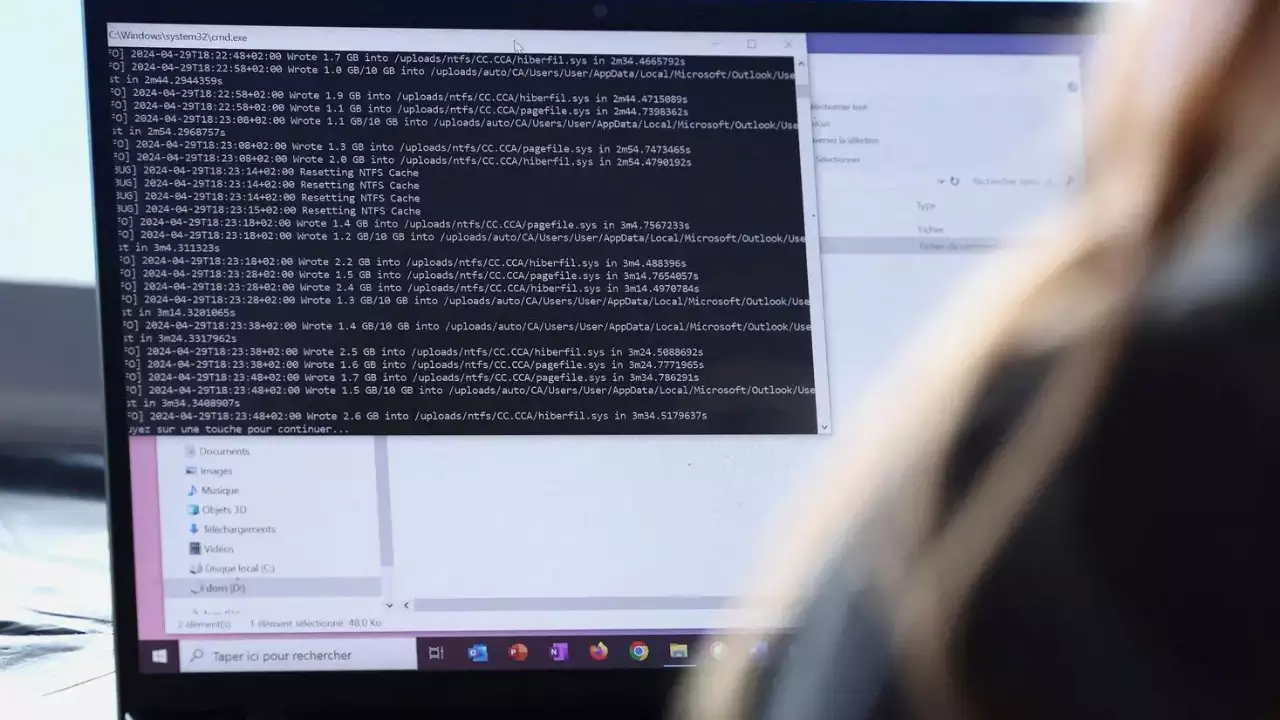Amnesty International has recently urged Pakistani authorities to provide clearer explanations regarding the ongoing nationwide internet slowdown and the use of advanced monitoring and surveillance technologies. The call for transparency comes amid widespread reports of diminished internet speeds and difficulties in using various online services.
Over the past few weeks, internet speeds across Pakistan have significantly declined. Users have reported struggles with sending and receiving media and voice notes via WhatsApp on mobile data and have experienced sluggish browsing even with broadband connections. This pervasive slowdown has sparked concerns about the potential misuse of monitoring and surveillance technologies by the government.
Amnesty International has voiced strong concerns over the lack of transparency surrounding these disruptions. In a statement released on Monday, the organization called on Pakistani authorities to disclose the causes behind the internet slowdowns and to ensure that any monitoring and surveillance measures employed are both necessary and proportionate. The rights group emphasized that such measures must align with international human rights standards.
“The opacity of the Pakistani authorities regarding the use of monitoring and surveillance technologies that block content, slow down, and control internet speeds is an alarming concern,” Amnesty International stated. The organization highlighted that tools such as national firewalls are often incompatible with human rights, undermining freedom of expression and access to information. The internet, Amnesty noted, is crucial for public information, personal expression, e-commerce, and the broader digital economy.
The impact of these disruptions extends beyond domestic borders, affecting Pakistani communities living abroad who face difficulties connecting with their families. The internet slowdown has thus not only impeded daily digital activities but also created significant emotional distress for those separated from their loved ones.
Blame Game and Government Response
In response to mounting criticism, the Pakistan Telecommunication Authority (PTA) attributed the slowdown to a “faulty submarine cable,” insisting that no new firewalls were being introduced. PTA Chairman Retired Major General Hafeezur Rehman provided this explanation during a National Assembly’s Standing Committee on IT meeting. He reassured that the problem stemmed from the malfunctioning cable, expected to be repaired by August 28, and clarified that the current web management system upgrade was not a firewall installation.
Rehman also highlighted the economic impact of the slowdown, noting a loss of approximately Rs 300 million within the telecom sector. This clarification was an attempt to address the concerns of lawmakers and the public who had voiced their apprehensions about potential government overreach and its impact on digital services.
The Islamabad High Court has also intervened, seeking responses from the government and PTA by August 26 regarding a petition filed by senior journalist Hamid Mir against the internet slowdown. The petition reflects broader discontent among business communities and internet service providers (ISPs), who have accused the government of implementing monitoring measures that have inadvertently contributed to the slowdown, resulting in substantial economic losses.
Information Technology Minister Shaza Fatima Khawaja has confirmed that the government is indeed upgrading its web management system to enhance cybersecurity. However, she firmly denied reports suggesting that the government was deliberately throttling the internet. This reassurance aimed to quell fears about potential intentional disruptions.
Historical Context and Human Rights Concerns
Amnesty International’s call for transparency follows a pattern of criticism towards the Pakistani government’s handling of internet freedoms. The organization had previously condemned the government’s decision to suspend internet and mobile services during the February 8 general elections, describing it as a severe infringement on freedom of expression and peaceful assembly.
The current situation highlights ongoing tensions between state actions and individual rights. As Pakistan grapples with these technological and administrative challenges, the need for transparent and human rights-compliant practices in internet governance remains a critical issue. The international community, along with local advocates, continues to monitor the developments closely, pushing for policies that safeguard both security and fundamental freedoms.


Leave a Comment